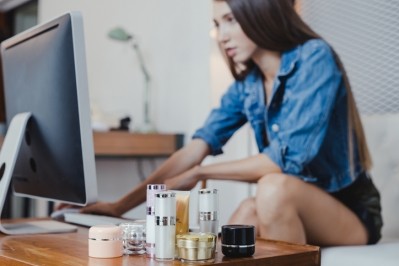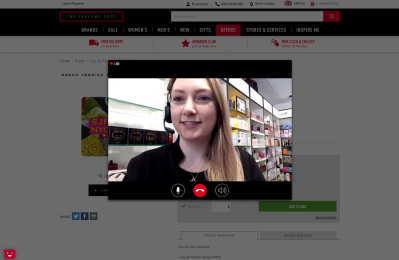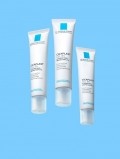Beauty during COVID-19: ‘The whole definition of retail is no longer clear’

Worldwide, businesses and consumers have been in shutdown for extended periods of time during the ongoing coronavirus (COVID-19) crisis, with many traditional beauty outlets ceasing business entirely for multiple weeks, even months.
And whilst the world now considers a transition out of lockdown, towards some form of ‘new normal’, we take a closer look at the impact this pandemic has had on the beauty retail world.
Beauty retail in a COVID-19 world has ‘evolved and shifted’
Djalal Lougouev, co-founder and chief product officer at Ometria – an AI-driven, cross-channel marketing platform for beauty, fashion and homeware – said there had been, and would continue to be, significant change to retail as we know it.
“The whole retail landscape has evolved and shifted and the whole definition of retail is no longer clear,” Lougouev told CosmeticsDesign-Europe.
“Before, we thought of a store as somewhere we go into and buy products from. What we see in the post-COVID world will be radically different to the pre-COVID world,” he said.
So, what exactly might this mean for beauty brands and retailers?
Cross-channel marketing ‘more important than before’
“We’ve been reviewing the overall social-economic impact of COVID-19, and how long it will last, but most importantly we wanted a better understanding on how relevant that cross-channel marketing piece is that we’ve been talking about for the last seven years. And what we’ve seen is that it’s become more important than before,” Lougouev said. “…It’s now more important than before because the consumer is going to go online.”
Consumer lockdowns and business closures throughout the global coronavirus pandemic had seen brick and mortar retail sales halt entirely, creating a significant uptick in e-commerce and online activity, he said. This, in turn, increased the importance of having a cross-channel presence, he said. “Cross-channel relevance has been accelerated five to ten years.”
More traditional brands, he said, had been “forced into this digital transformation” during the crisis. “Before, if you were a huge brand, you might have de-prioritised the move online or move into e-commerce and new channels because one month of offline revenue would probably be the equivalent to one year online. So, as a business, it wasn’t necessarily a key priority to go fully digital.”
Now, it was a priority and had to be done fast, Lougouev said.
Cross-channel marketing strategies for beauty brands typically cost anywhere from £100,000 to millions, he said, and previously took around one to five years to achieve. But amidst this ongoing crisis, he said such a timespan was “no longer an option” – cross-channel strategies had to be rolled out quicker than that.
Risks of a ‘rushed’ digital approach
However, this forced speed to market had seen many “get it wrong”, Lougouev said, and only a few get it right.
“There’s definitely the risk of everyone going online creating a consumer experience that is rushed and not fully thought through, because the number one priority now is to go online. And just going online is very different to going online through the correct ways, like the direct-to-consumer brands have done right,” he said.
“…The larger the brand, and the more exposure they’ve had to a physical business, the harder it will be for them to shift, unless they had already started their digital transformation pre-COVID.”
What would be essential, no matter what, was that beauty brands took “responsibility of end-to-end experience” – a far cry from the wholesale models many of the major, more traditional companies operated.
A new era of ‘personalised marketing messages’
In addition, beauty brands also had to ensure marketing transitioned from mass to personalised, Lougouev said.
“What is critical is that contextually relevant marketing used to be optional, now it no longer is. Before, it was nice to have; now, you absolutely must have these very personalised marketing messages.”
Importantly, he said it was vital brands aligned marketing with current consumer sentiment around the COVID-19 crisis.
Most consumers believed brands “should not exploit the outbreak”, he said, and this was important to keep in mind. “The way that beauty brands communicate with customers needs to take a whole new light. They need to resonate with the current situation and incorporate a human touch (…) They have to understand the contextual environment the consumer is in, so, personalisation is more important than ever.”
And all of this, Lougouev said, would need to stick – even long after the crisis had come to an end.
“Even if we anticipate recovery and lockdowns to be removed and people to go out and go back to retail stores, the consumer behaviour has drastically shifted. It’s going to take a very long time for them to get back into the same mindset – I think there’s going to be a new normal.”
“…If you’re able to engage with consumers during this pandemic, you’re creating a very special group of brand loyalists that will have confidence in your brand,” he said.





















